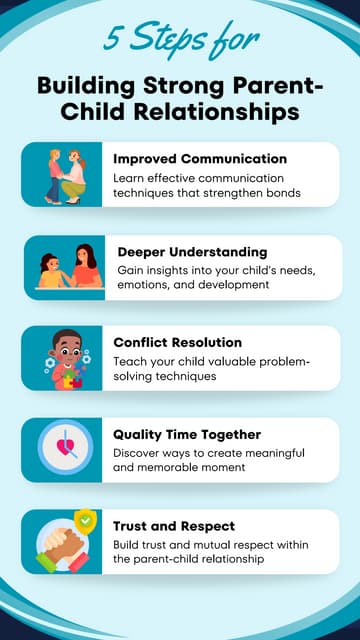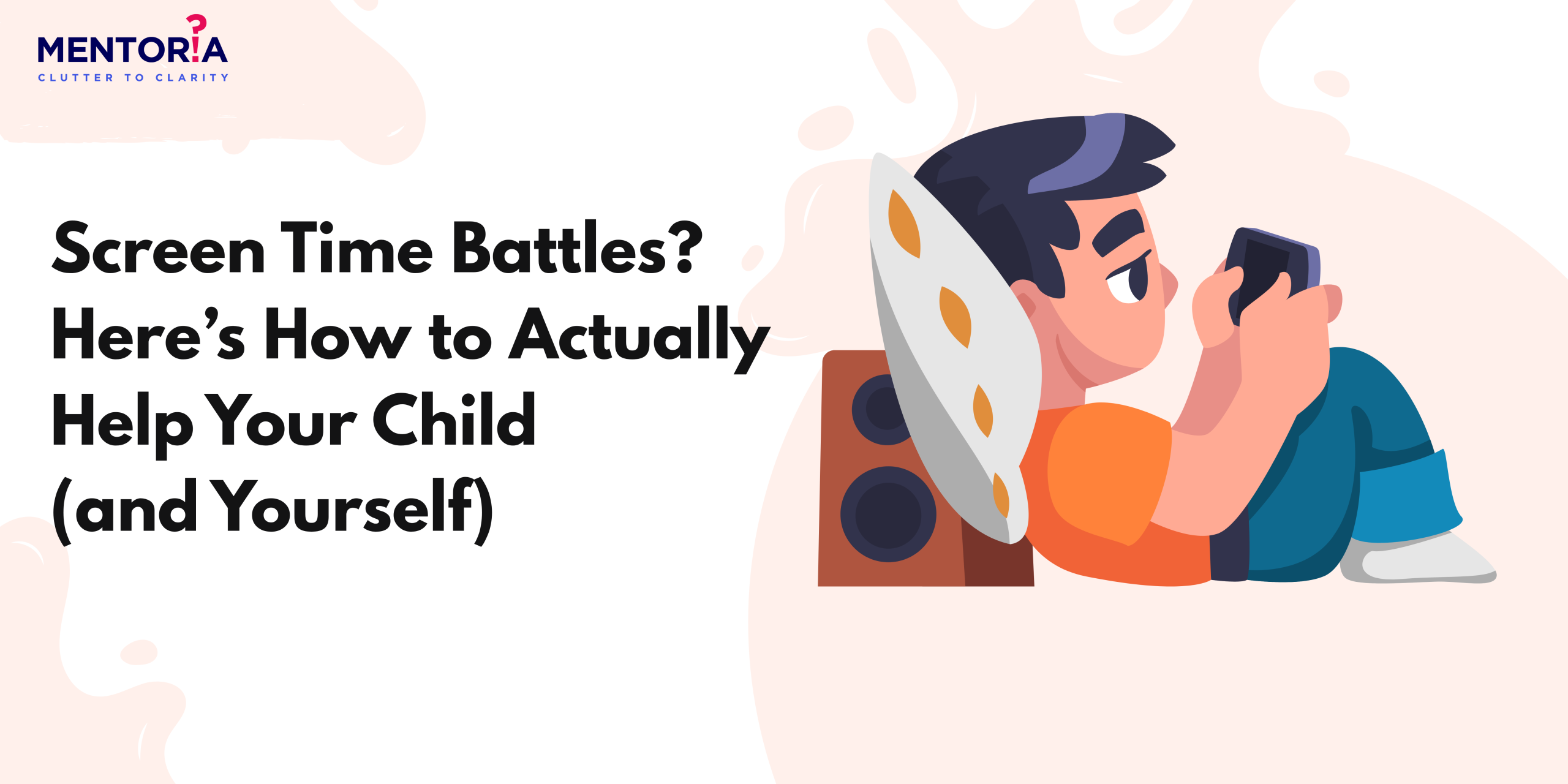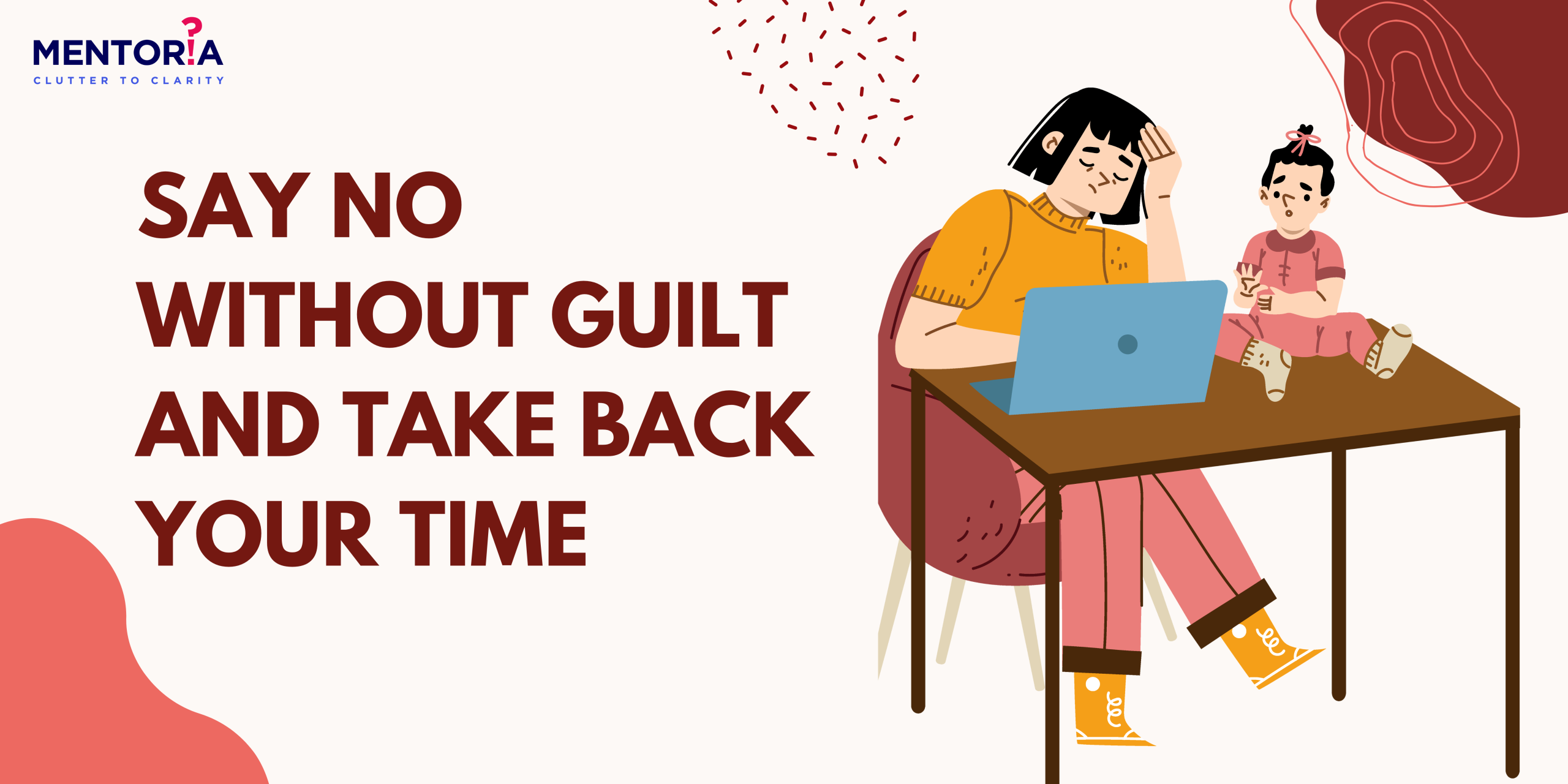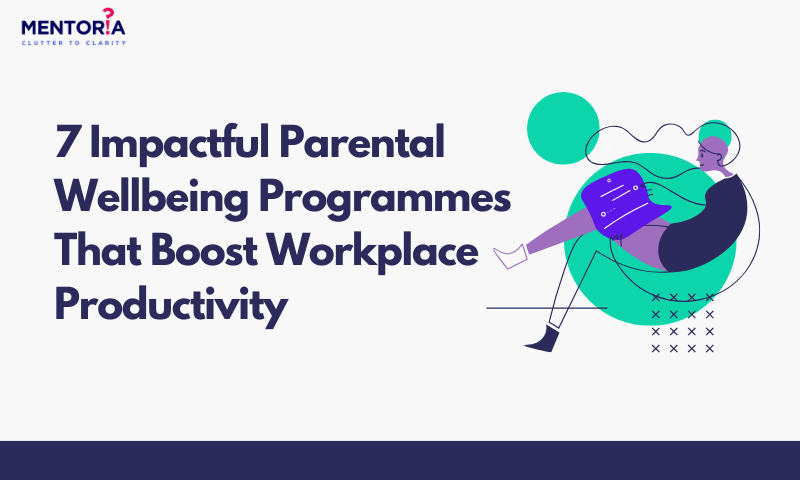Working Parent Guilt Is a Trap, Here’s What to Do Instead
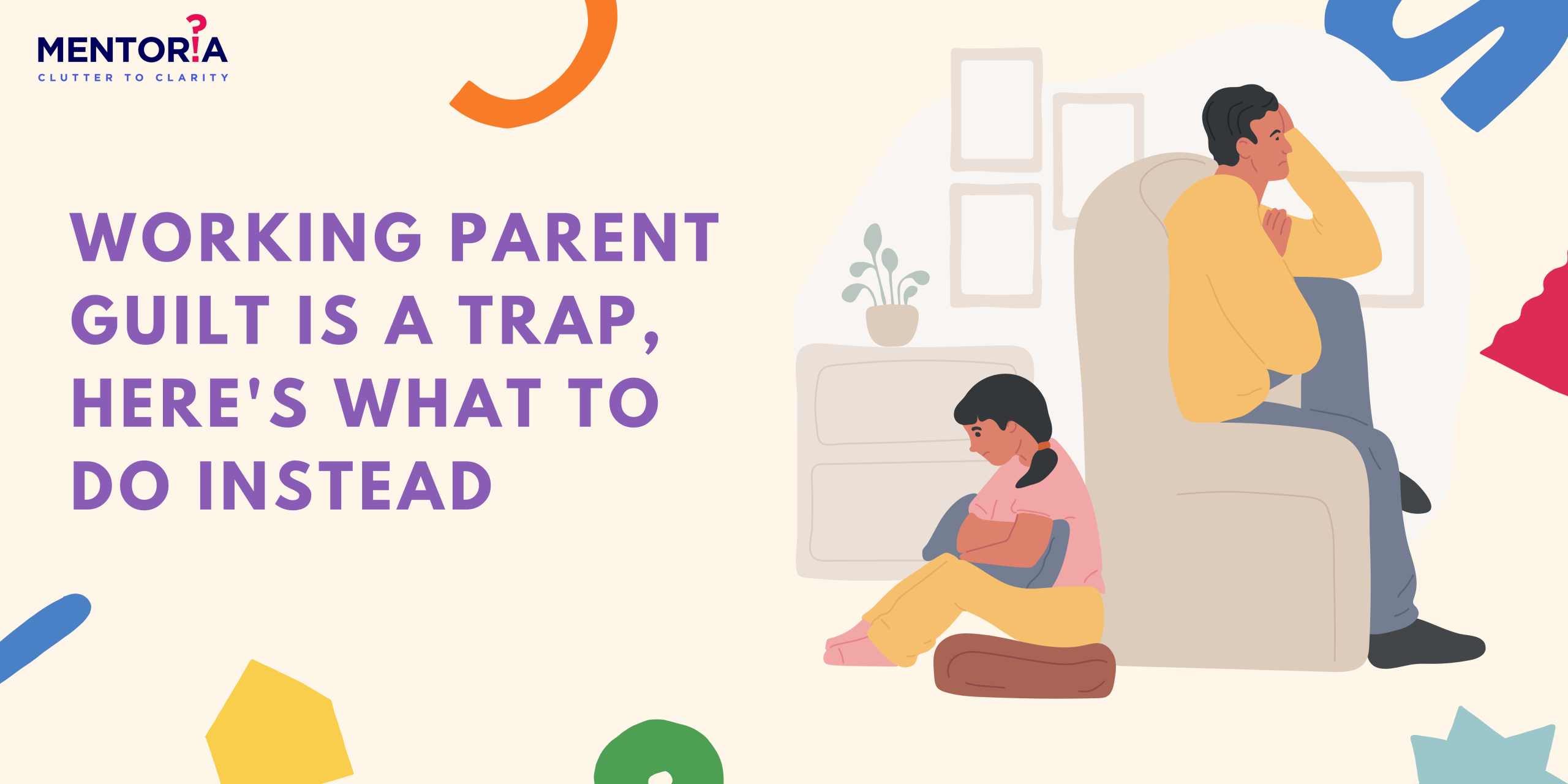
You walk through the door after a long day.
Your mind’s still at that 5 PM meeting that could’ve been an email.
Your body? Ready to collapse.
And then you hear it —
“Mumma, you missed my dance practice.”
“Papa, why didn’t you come to the game?”
Here comes the guilt. The sinking, soul-twisting guilt.
But here’s the honest truth:
You’re not a bad parent.
You’re a working parent.
There’s a difference.
Let’s stop letting guilt drive our parenting and start choosing connection instead.
Why the Guilt Trap Is So Common
We’re told we need to “have it all” — be ambitious, loving, productive, involved.
But no one tells us how impossible that standard actually is.
So when work takes time (as it does), and your child expresses disappointment (as they should), guilt creeps in.
And it’s loud.
But guilt isn’t proof you’re doing a bad job. It’s proof you care.
Now, here’s what to do with it.
Step 1: Name the Emotion (Yours and Theirs)
Instead of defending yourself or spiralling, acknowledge the feeling:
“I know you were upset when I missed it. I’d feel sad too.”
“I felt bad I couldn’t be there. I wish I could’ve.”
Naming emotions, even uncomfortable ones, often helps children feel seen and models emotional intelligence.
Step 2: Build Reconnection Rituals
You might not be able to show up at every event. But you can build moments that belong just to the two of you:
-
A bedtime chat where they tell you one good and one bad thing about their day
-
Helping them pack their bag in the morning
-
Chai + conversation when you get home
-
Five-minute drawings, dance-offs, or silly stories
Consistency beats quantity. Regular rituals build a sense of security.
Step 3: Explain Roles and Don’t Apologise for Them
Instead of “I’m so sorry I couldn’t come,” try this:
“Your job is to learn and grow. My job is to work and support us. That’s how we’re a team.”
Kids understand more than we think and explaining why you weren’t there helps them make sense of the world, instead of taking it personally.
Step 4: Don’t Compensate with Stuff
No, that extra screen time or surprise chocolate won’t fix the feeling, it’ll just confuse them.
What they want most is your presence, not a new toy or a guilt-driven “yes.”
Try this instead:
“I couldn’t come today, but I’m here now. Let’s talk about how it went.”
You’re Showing Up, That’s What Matters
You don’t need to be everywhere all the time.
You just need to show up consistently, not constantly.
That’s what builds emotional security. Not perfection. Not performative parenting. Just presence.
A Question for You:
What’s one guilt trap you’ve fallen into as a parent, and what did you try instead that actually worked?
Let’s share what’s helping. Someone out there probably needs to hear it today. Engage in the parenting community space where we ditch the pressure, share the real stuff, and support each other through the beautiful chaos of working parenthood.



